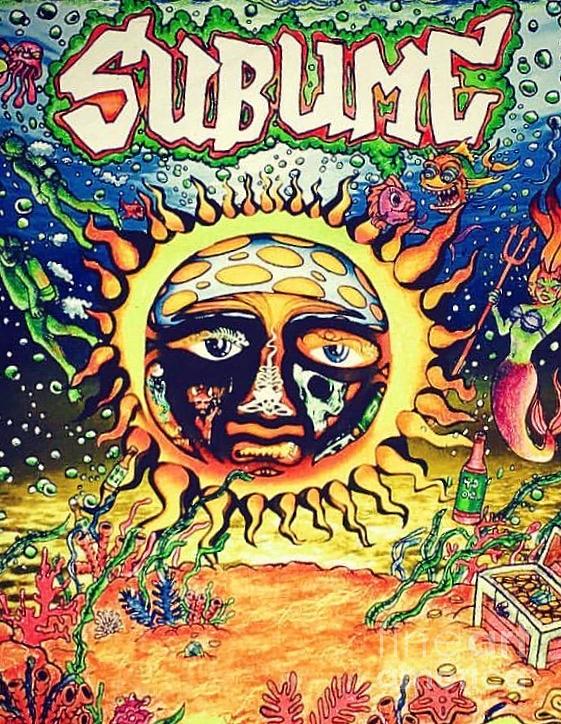

‘Whatever is fitted in any sort to excite the ideas of pain, and danger, that is to say, whatever is in any sort terrible, or is conversant about terrible objects, or operates in a manner analogous to terror, is a source of the sublime that is, it is productive of the strongest emotion which the mind is capable of feeling.’ Pay particular attention to the last clause:

Here’s Burke’s definition of the sublime. The sublime then arises from a confrontation of ‘danger or pain’, as long as they are at ‘certain distances’ and with ‘certain modifications’, at which point it is regarded as ‘delightful’. My man Burke argues that the highest degree of pain is more affecting than the highest degree of pleasure. ‘Wanderer above the Sea of Fog’ (1818) by Caspar David Friedrich is sublime as fuck. It sounds like a hefty tome but it’s actually a really enjoyable read and one of the few books I sleep with under my pillow (along with my dagger and a piece of the true cross). Edmund Burke nailed the definition in his work A Philosophical Enquiry into the Origin of our Ideas of the Sublime and Beautiful (1757). The best definition of “sublime”, and one that influenced many of our favourite Romantic poets, comes from a bloke named Burke. You know, Wordsworth, Coleridge, Blake, and all that good shit. We’re talking about the period of time in literature from around 1800 to 1850. And by ‘Romantic poetry’, we’re not talking about the sappy stuff that teenage girls write in pink ink. “That picture’s sublime.” “That doughnut was freaking sublime.” “Darling, wasn’t that orgy simply sublime?” But what does “sublime” really mean? Is it really just an adjective for “very good?” Well, not really… Let’s take a quick look at what sublime really means in the context of Romantic poetry.


 0 kommentar(er)
0 kommentar(er)
